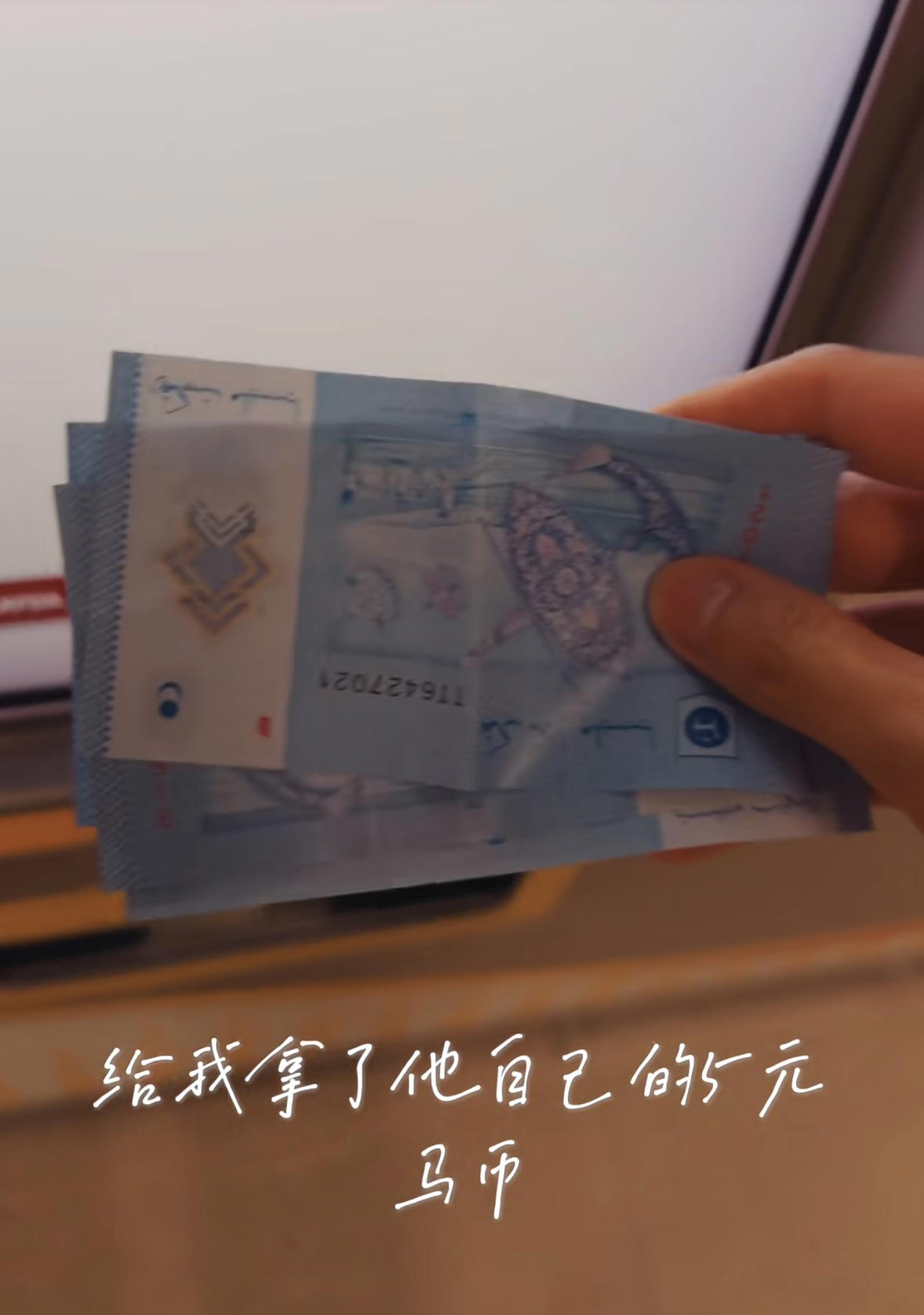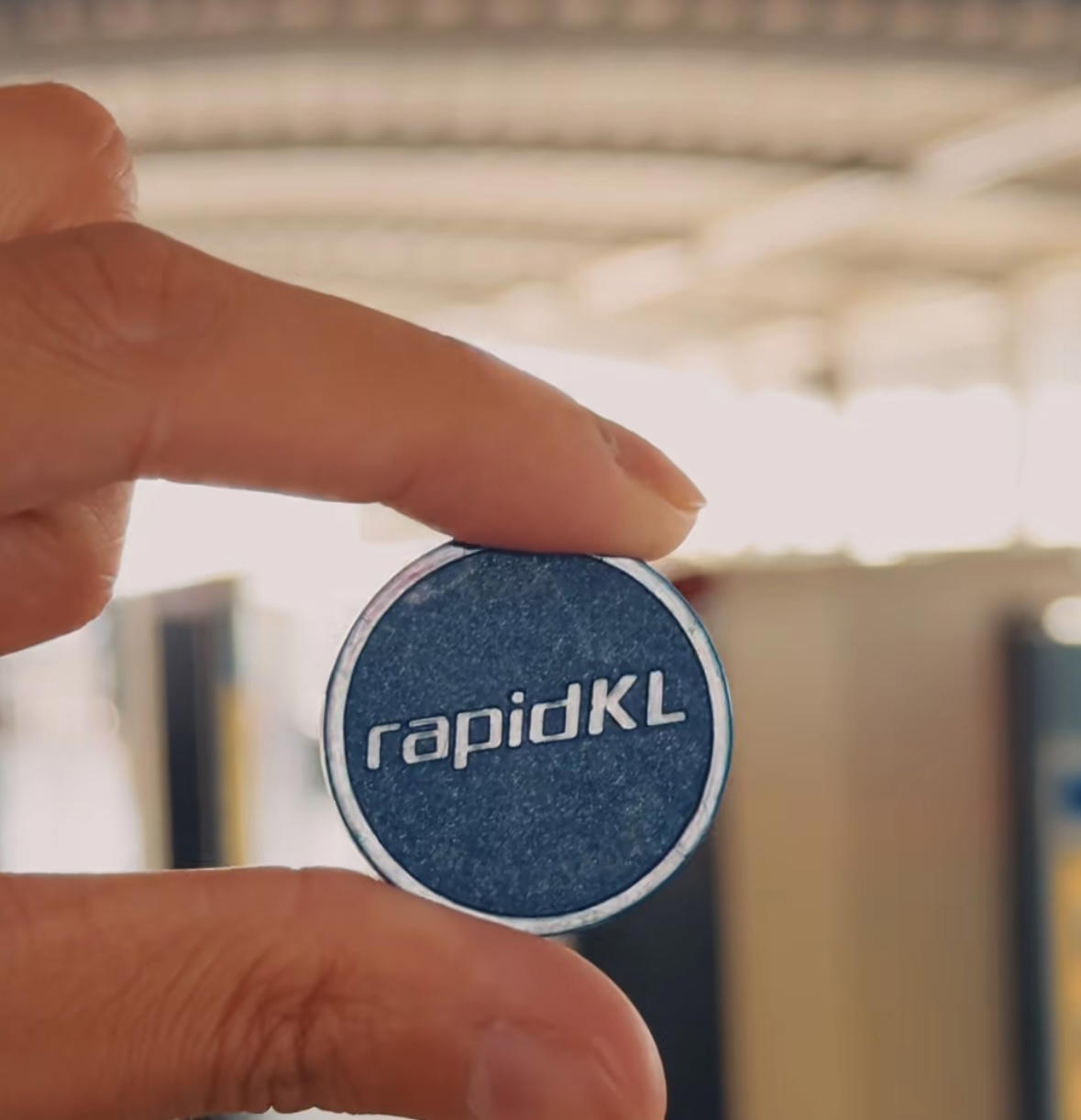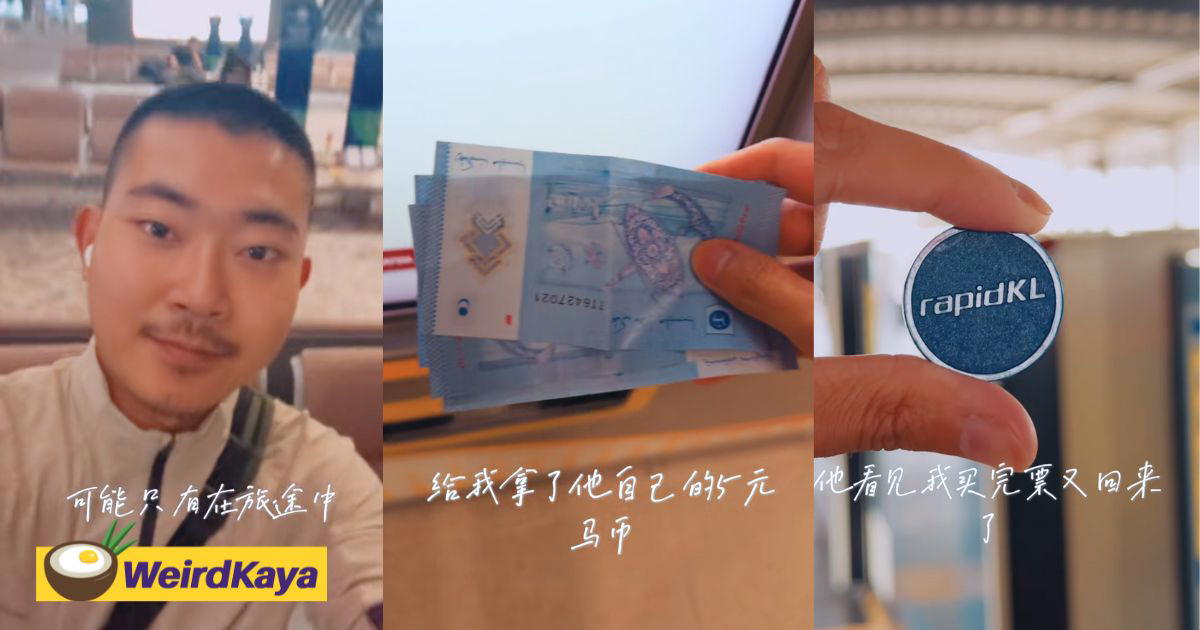A small act of kindness in KL recently touched thousands online and it all started with a stranded tourist, a ticket machine, and a helpful local.
A Chinese tourist was visiting Kuala Lumpur for the first time when he decided to make a quick trip to Batu Caves before heading back to his hotel.
After finishing his sightseeing, he went to board an MRT train, only to find himself in a sticky situation: his credit card wasn’t working at the ticket machine.
He tried multiple times and even asked station staff for help, but nothing worked.
I didn’t know what to do… I was just standing there feeling lost,” he wrote in his Xiaohongshu post.
That’s when a kind Malaysian man, who worked at the station, quietly took out RM5 from his own pocket and handed it to him so he could buy a token.

“It wasn’t about the money”
It’s not the amount that mattered, but that moment when a stranger was willing to help you. That warmth really stays with you,” the tourist said.
He bought the ticket, returned the change to the staff member, and expressed his heartfelt thanks.

He later shared the experience online, where netizens praised the simple yet powerful act of kindness, calling it “a true reflection of Malaysian spirit and hospitality.”
Speaking to WeirdKaya, the tourist, who goes by the username “糕粿粿”, told WeirdKaya that this was his very first time in KL.
I was actually on my way to Indonesia, but flights were expensive. So I thought, why not stop over in KL and explore for a day?”
He recalled the station was likely Titiwangsa, and the RM5 fare was for a short connecting trip.
I tried to use my credit card so many times but failed, and when I was completely clueless, that staff just helped me. Honestly, it left a big impression.”
He said he expected Kuala Lumpur to feel chaotic like Bangkok, but was instead greeted by a calm, orderly city:
Walking around KL, I realized it’s much quieter than Bangkok. There’s no overwhelming noise everywhere. And the people — everyone I met was friendly and warm.”
He also noticed something unique about KL’s cultural diversity. During his ride-hailing trips, he chatted with three different drivers — an Malaysian Indian and two Malaysians Chinese.
To his surprise, the Indian driver switched effortlessly between English and Tamil, while the Chinese drivers spoke Mandarin, Cantonese, and even a bit of Malay.
For someone from northern China, where most people only speak Mandarin, this level of multilingualism was fascinating.
He admitted it was hard to imagine growing up in such a rich, multicultural environment, calling the experience “eye-opening and unforgettable.”



